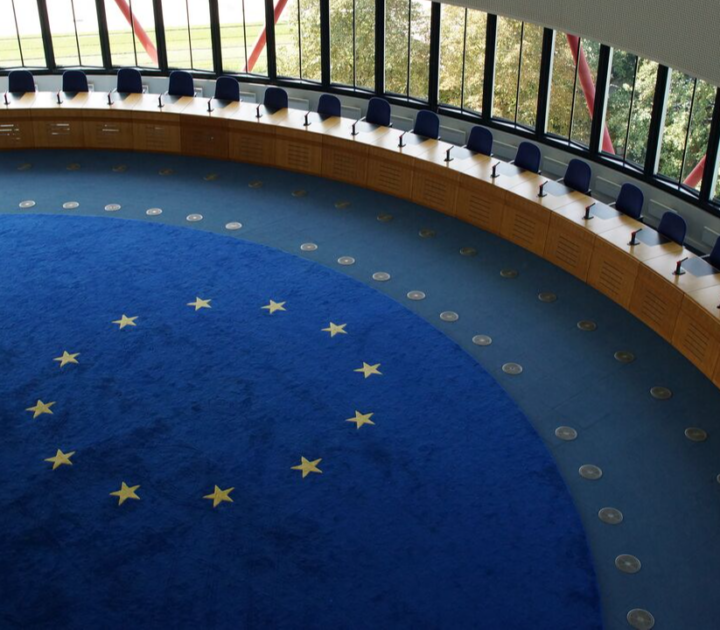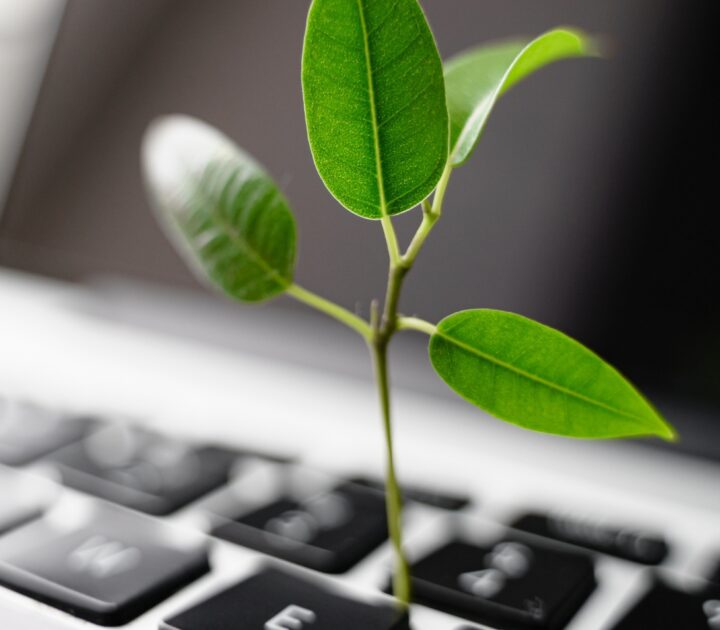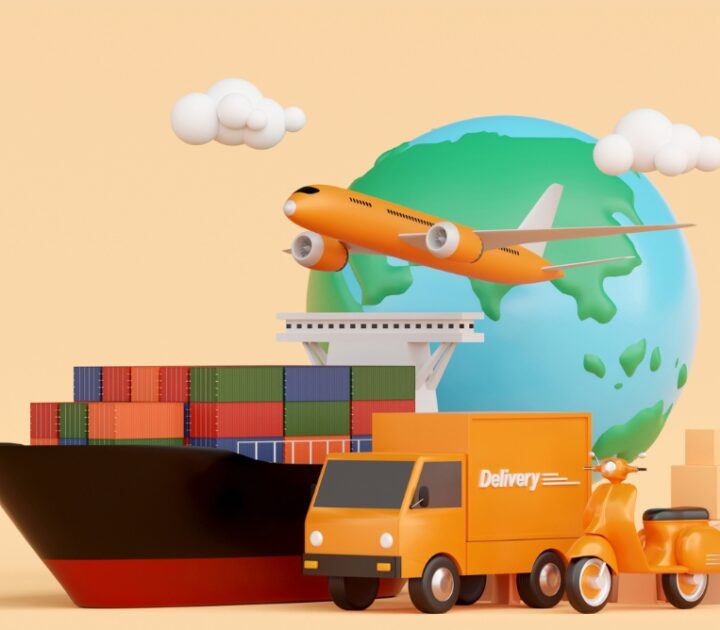
What did we do once we knew?
“Never doubt that a small group of thoughtful, committed citizens can change the world; indeed, it’s the only thing that ever has.” Margaret Mead
Evidence that impact of human behavior on our planet is accelerating at unprecedented rates is raising pressure for business leaders to accept their role in stemming environmental destruction to reduce the heavy risks for companies, individuals, and society.
The cost of inaction is high in our ‘more-than-human’ world. Global wildlife populations have fallen by 60% in four decades in a “mind-blowing crisis” as a result of increasing deforestation, pollution, climate change, and other human factors, the WWF warned in their 2018 Living Planet Report. We have a “rapidly closing” small window between now and 2020 to stem the tide of natural destruction, the WWF said, urging world governments and businesses to strike a deal similar to the 2016 Paris agreement for climate change.
When that time comes, will we ask ourselves, ‘what did we do once we knew’? “We are the first generation to know we are destroying our planet and the last one that can do anything about it,” WWF UK Chief Executive Tanya Steele said in a statement. It’s time for more business leaders to commit their heads and hands to follow what their hearts already know. It’s time to act.
In our day to day lives we often live in denial of our denial, distracting ourselves through digital addictions, consumerism, and materialism, to name but a few. We live quietly divided lives, diminishing our own power and agency.
The truth is, deep down, we already know what we need as individuals and as a society. When we are ready to listen, an external disruption, like the WWF Living Planet Report or other recent news relating to child detention, migration, or gender inequality, confronts us with a reality we can no longer ignore, and our inner voice is awoken from its slumber.
The WWF hopes that if more businesses understand the economic value of the natural environment, they too will take steps to protect it. With the potential for greater cross-border impact than governments, more business leaders are making a personal commitment to more responsible leadership.
Days after the WWF, report the British Academy demanded a radical rethink of how business will meet 21st century environmental, social, and economic demands, as well as the challenges of technological advances and globalization. The report on the future of the corporation was backed by a statement of support from leaders in business and academia.
Some business leaders are already leading the way, joining unprecedented cross-sector partnerships for change. Take for example the MacArthur Foundation’s New Plastics Economy Global Commitment, which has garnered support from giants like Unilever, Mars, and PepsiCo, accounting for 20% of plastic packaging produced globally. The Commitment aims to create a “new normal” for plastic packaging by eliminating single-use packaging materials, increasing the amount of reused or recycled plastics in new products, and innovating to ensure 100% of plastic packaging can be reused, recycled, or composted by 2025. It follows the EU’s decision to ban single use plastics to reduce marine litter.
Leading change on an organizational level begins with a conscious, personal choice. A growing number of companies are redefining their business models around ‘purpose’. When he took the helm of Ben & Jerry’s, CEO Jostein Solheim further radicalized the high-end ice cream maker with the blessing of parent company Unilever. He pushed initiatives such as values-led sourcing, supporting Fairtrade, non-GMO labeling, racial equality, same-sex marriage and LGBTQ rights, and campaigns to combat global warming or to halt a ban on travelers from several Muslim-majority countries from entering the United States. The company also introduced vegan ice cream to the mainstream. “We have a long and challenging road ahead of us, but, as a business, we believe we have the power to both influence change and create significant impact,” he said.
Millennial employees are also increasingly seeking employers that have both financial and social impact, like Tony’s Chocolonely. The Dutch confectioner was founded by Teun van de Keuken, a television producer who was shocked at the acceptance of slave and child labor when investigating fair trade and production practices in the food industry. His company aims to eradicate child labor and slavery in the cocoa supply chain, led by the slogan “Crazy about chocolate, serious about people”.
It is by uniting our deeply personal knowing with our professional knowing that we can choose to act in a way that challenges what is and inspires what could be for the benefit of ourselves, our organizations, and, ultimately, our society. As leaders, we will then be able to look ourselves squarely in the mirror when we answer the question: “What did we do once we knew?”
WWF’s Living Planet Report 2018 is available to read online at: https://www.wwf.org.uk/updates/living-planet-report-2018
Susan Goldsworthy, a former Olympic finalist, is Affiliate Professor of Leadership and Organizational Change at IMD. She is co-director of IMD’s senior executive program CLEAR (Cultivating Leadership Energy through Awareness and Reflection) and co-author of award-winning books Choosing Change & Care to Dare. Read more at www.onceweknew.com
Natalia Olynec is Sustainability Partner at IMD and former Global Head of Sustainability for Damco, a business unit of Maersk.
This article was originally published in Sustainable Business Magazine.
Research Information & Knowledge Hub for additional information on IMD publications
in Safety and Health Practitioner 29 January 2019

in I by IMD 10 April 2024

in Harvard Business Review May-June 2024, vol. 102, issue 3
IMD World Competitiveness Center Report, 8 April 2024

in Safety and Health Practitioner 29 January 2019
Research Information & Knowledge Hub for additional information on IMD publications
Research Information & Knowledge Hub for additional information on IMD publications
Research Information & Knowledge Hub for additional information on IMD publications
Research Information & Knowledge Hub for additional information on IMD publications
in I by IMD 10 April 2024
Research Information & Knowledge Hub for additional information on IMD publications
in Harvard Business Review May-June 2024, vol. 102, issue 3
Research Information & Knowledge Hub for additional information on IMD publications
IMD World Competitiveness Center Report, 8 April 2024
Research Information & Knowledge Hub for additional information on IMD publications
Research Information & Knowledge Hub for additional information on IMD publications
Research Information & Knowledge Hub for additional information on IMD publications
Research Information & Knowledge Hub for additional information on IMD publications